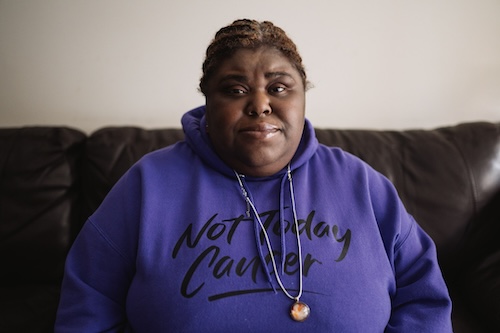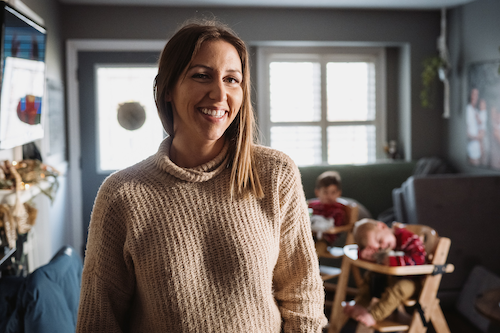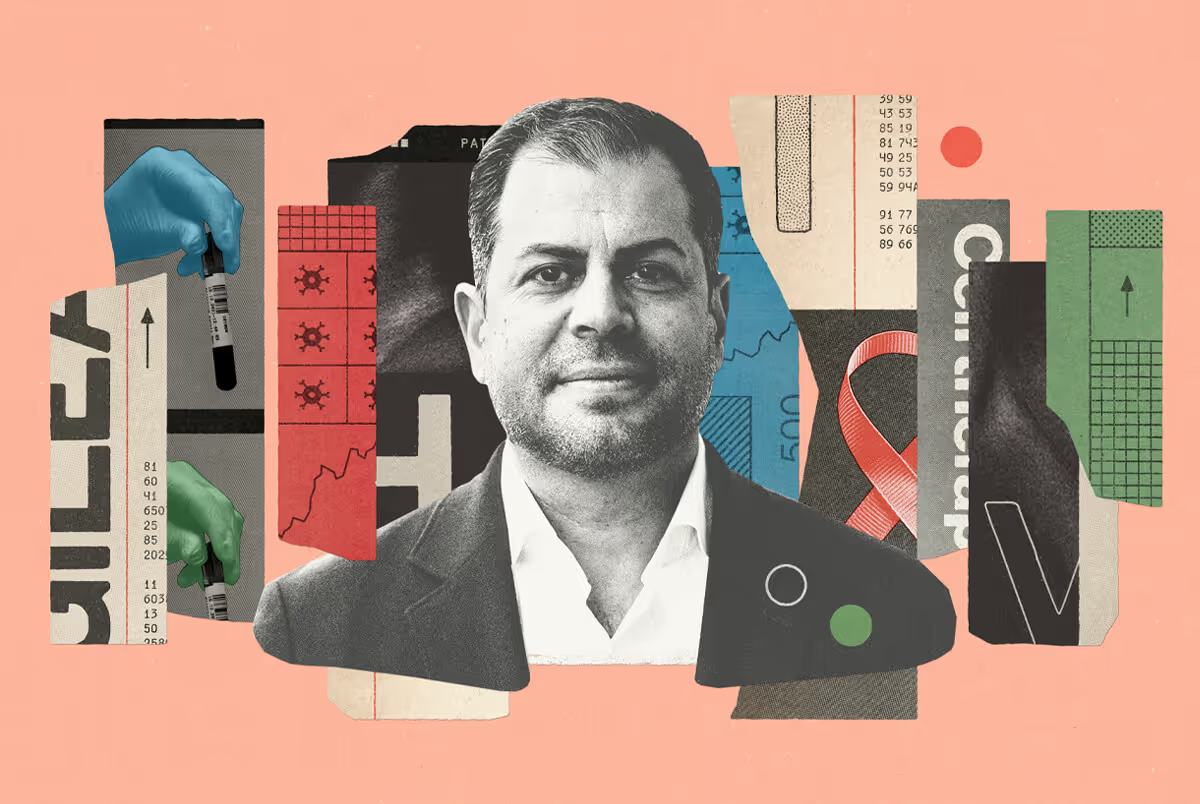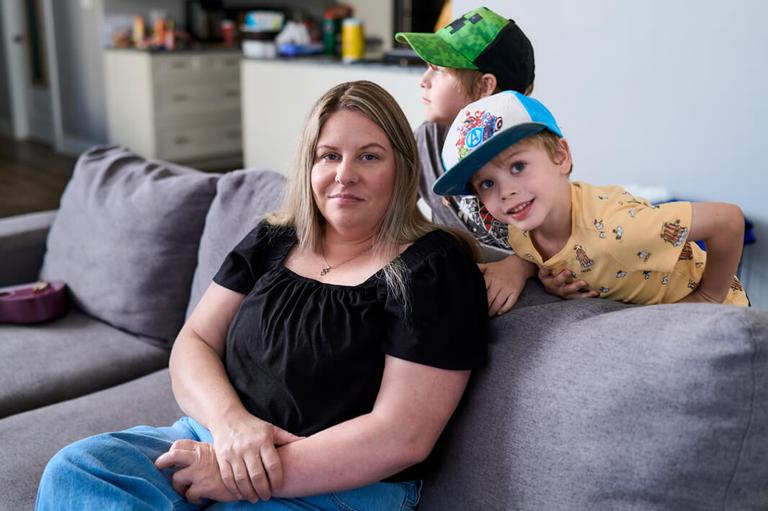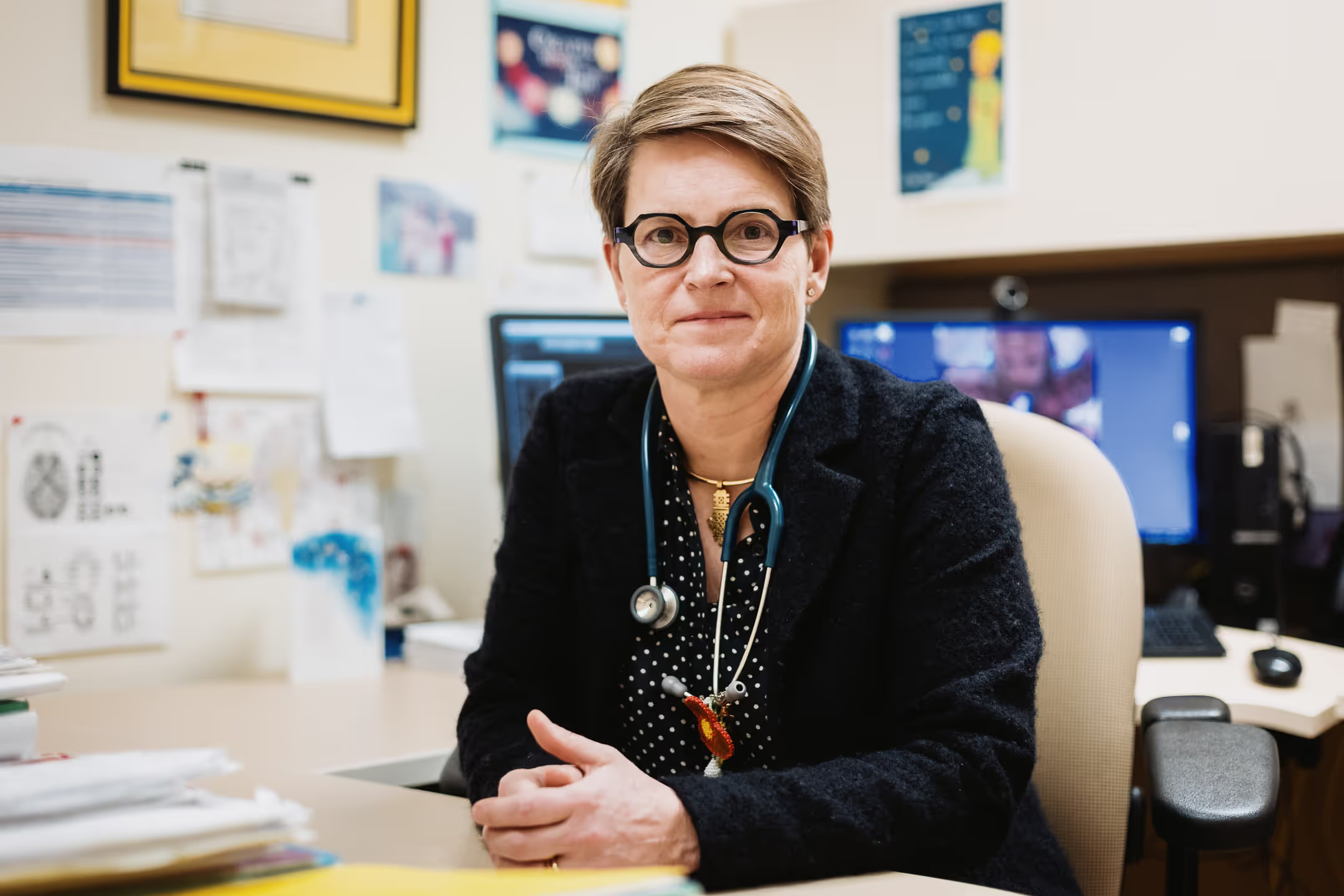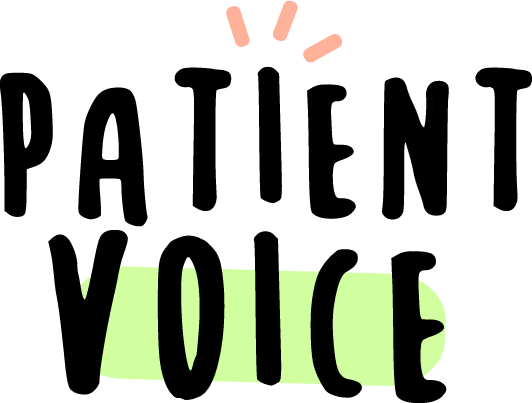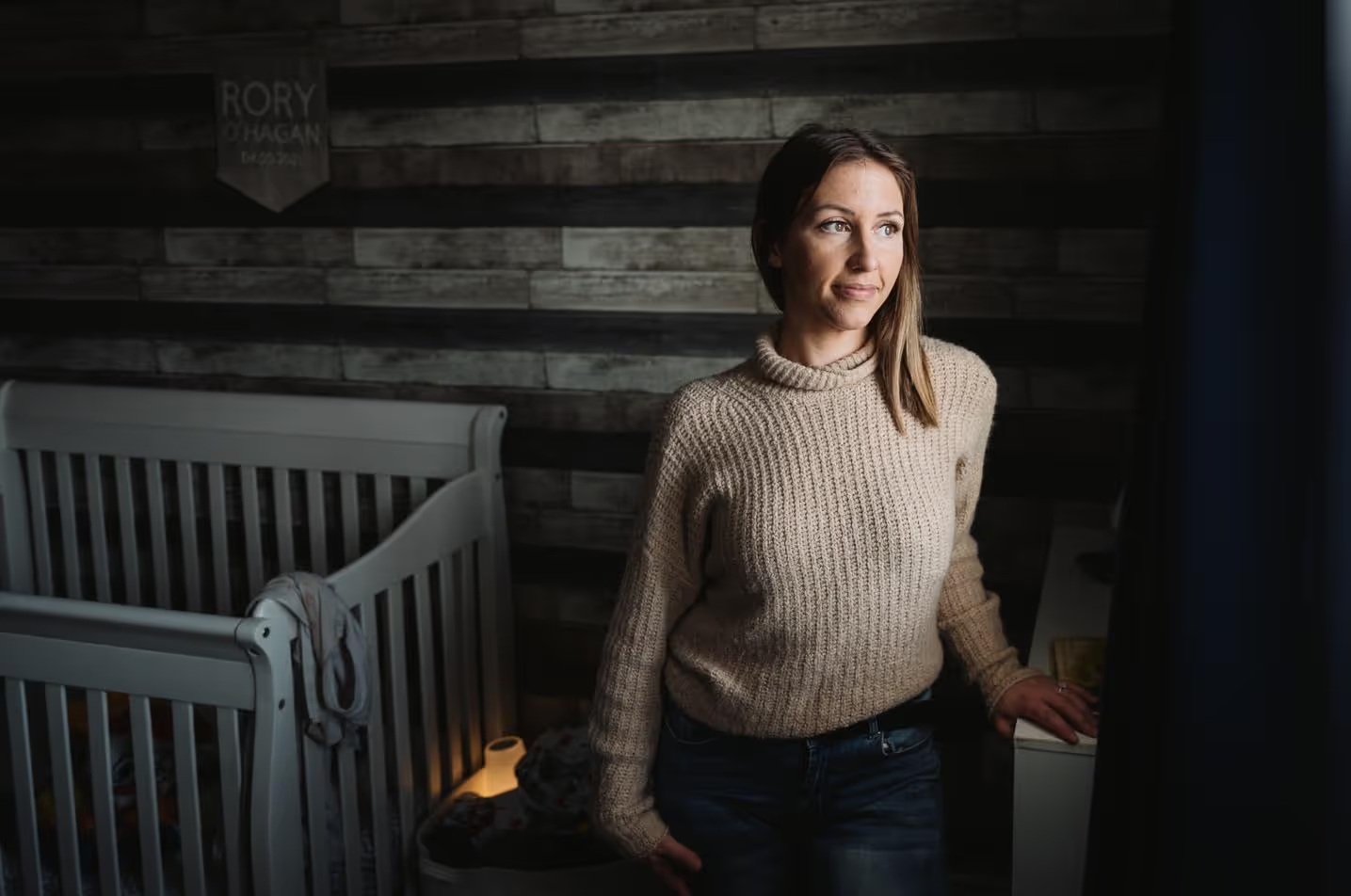
Rachel O’Hagan | @bravelikebeau
The day my son was diagnosed, I couldn’t stop thinking about the statistics for divorce among caregivers—77% of couples on this journey end up divorced. I remember panicking, booking an appointment for couples therapy the following week, and giving Bryce no choice but to attend, because I knew we could not let ourselves be part of that statistic. In my wounded heart, divorce and my child's diagnosis both felt like death.
I began searching for advice on how to save our relationship. I attended conferences to hear the stories of those who had walked this path before us, wanting the secret to how they remained in love. I’d raise my hand to demand answers at each event, but I‘d often be met with the same confused look. “This isn’t love, but we settle for our circumstances. We have to be a team.” My heart broke, but I refused to settle. I kept looking anywhere and everywhere for a happy couple who could teach us the solution.
“But prior to having children, we had never learned how to support each other through immense shared pain. When my son was diagnosed, it became too much.”
“Happy wife, happy life,” I was told by the seemingly happy couples. That wasn’t enough—I didn’t want to be the only one happy, I wanted mutual happiness. We deserved a partnership where we could both thrive, and my sons deserved to see that.
Bryce and I make an excellent team—very good at dividing and conquering—since we’ve both always been incredibly independent people. But prior to having children, we had never learned how to support each other through immense shared pain. When my son was diagnosed, it became too much. We had never experienced a pain like this, and neither of us knew how to surrender to it—in the past, we would distract ourselves to avoid it. We needed support, and we thought we had to lean on each other.
Desperate to not be feeling the pain we were in, we began contorting ourselves to be what we thought the other person wanted. We began creating false stories for each other. We were helping each other get our basic needs met, but what was enough prior to a diagnosis wasn’t cutting it anymore. We were hurting ourselves, and our neglected needs weren’t needs we could fulfill for one another, although we would continue to kill ourselves trying. We didn’t understand that we needed to take care of ourselves first to have true healing occur.
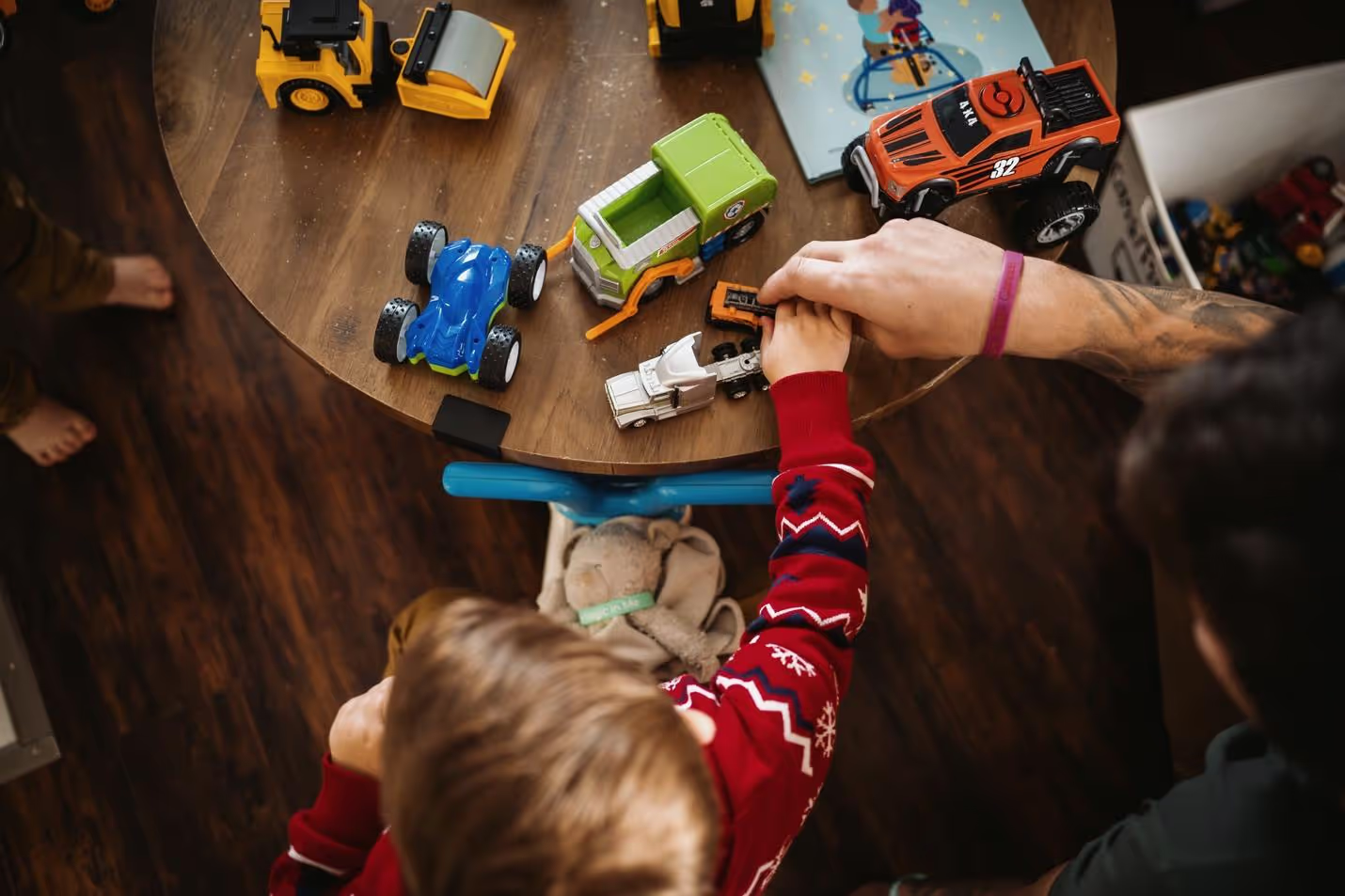
When you have no one to blame, it feels easier to point fingers at each other. Each time we tried to open up, we would end up fighting—not realizing this was a separate journey for each of us. Although we were on the same path, we were experiencing incredibly different grief journeys. I couldn’t make sense of our different grief responses. Thinking we should experience it the same, I began to try to control situations and try to force healing on Bryce. It ultimately created an environment where we did not want to be around each other, and we began to distance ourselves further, because being in the presence of a stranger hurt.
“He was bending over backward trying to meet all my needs, and I couldn’t even see what he was doing because my pain blinded me from it all.”
Should we divorce? We contemplated it at least once a month. My son would have a medical emergency, we’d put the fire out, things would finally feel calm, and then the fights would start again. We couldn’t do this journey without each other—between appointments and the cost of living, we were stuck in this for life. “This shouldn’t be the way,” I’d think. “We deserve to experience happiness and love. Haven’t we been through enough?” We were pulling apart, and there was nothing I could do about it. Panicking, I began to recklessly search for answers somewhere I never had—within myself.
My husband had always encouraged me and given me space to be myself. When I stepped back to reflect, I realized all of my reactions towards him had nothing to do with him—I was angry at life and felt helpless, and he unfortunately was in the line of fire. He was bending over backward trying to meet all my needs, and I couldn’t even see what he was doing because my pain blinded me from it all.
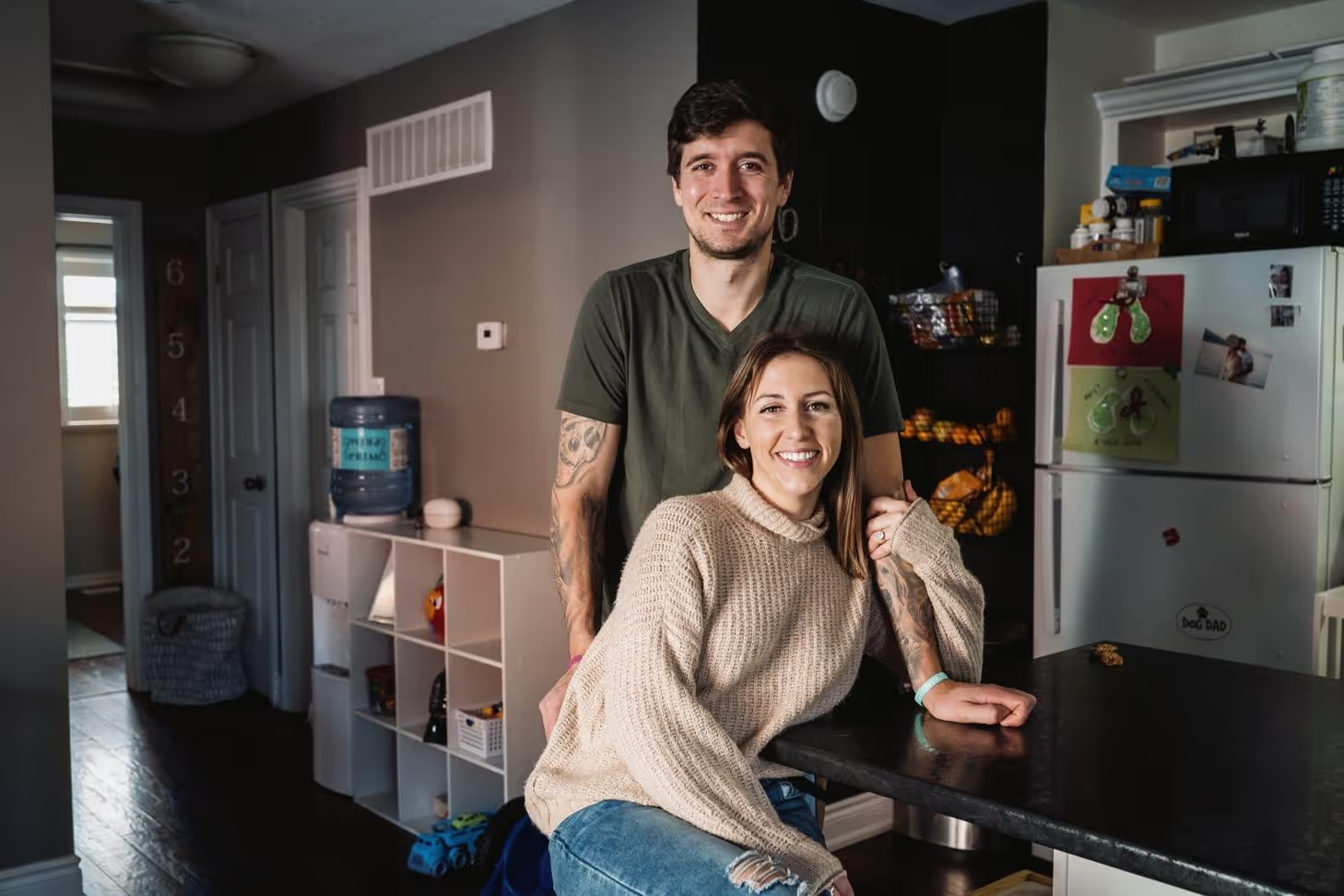
We both needed space, but our dividing and conquering had fed my fear of divorce and made me lash out more at Bryce. When I let go of that fear, I realized we had another choice on this road: to heal ourselves and trust each other. We almost divorced every month for a year, and guess what? We kept choosing to stay. You need to heal yourself to heal in your relationship, but healing cannot be forced. The second I stopped forcing Bryce, he was ready to heal on his own.
"The pain we’ve experienced runs deep, but in tackling it separately and coming together, our love has become even deeper.”
Our independent healing journeys let us realize our pain had nothing to do with each other, but we needed space to openly share our fears and express our love. Each week that we book our own personal therapy sessions is my reassurance and commitment to one another and in turn our family. By first finding safety within ourselves, we can find safety in each other. We aren’t perfect, but I feel a beautiful foundation being built for our family.
Our life looks nothing like I expected. Sometimes our friends and family question whether we are okay because our life looks so different from theirs, and guess what? That’s okay.
The pain we’ve experienced runs deep, but in tackling it separately and coming together, our love has become even deeper. We learned to admit to our own needs, to trust, and to take life's lessons in with open arms. We discovered that love comes from within, and you can only make room for love by facing your pain. Through surrendering, trusting, and having space and support, I ultimately discovered my truth, and my truth has set me free.
Acknowledgements:
Katherine Castello: Thank you for supporting Bryce on his journey and connecting me with my team. Thank you for supporting us individually and together, and for providing a safe space for our children to talk about their big emotions.
Aarti at Whole Tree Therapy: Thank you for helping me on my individual journey. You have helped me let go of the parts of myself that once served a purpose but no longer do. You connected me to my lioness.
Salvina Castiglione at Cardinal Connection Therapy: Thank you for helping me find my abandoned self — through your support and in sharing your own personal story. Salvina’s book, Finding my Abandoned Self, can be found here.
